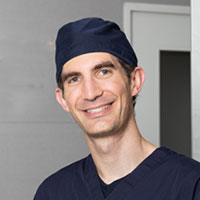PLEASE NOTE: THIS COURSE CAN NO LONGER BE TAKEN FOR CAT 1 CE POINTS. This course is available now for review by registered users to reprint their Certificates if needed.
This lecture reviews another set of key medical diseases/conditions in a clear and concise fashion. Part 1 focused on the heart and lungs. Now, Part 2 highlights conditions like:
- Diabetes
- Fainting/Syncope and Seizures
- Bleeding disorders + Management of Old and New blood thinners
- Management of osteoporosis medications like Fosamax and Prolia
- Thyroid abnormalities and Kidney disease
- Management of patients on steroids, chemotherapy and/or radiation
The lecture focuses on how these diseases impact your dental treatment and how you should modify your dental treatment to best care for your patients. Relevant medical emergencies will also be reviewed along with their management in the dental office.
Learning Objectives:
- Review common medical diseases
- Understand how to adjust or modify your treatment to better care for your patients with frequently encountered medical conditions.
- Become more comfortable with common medical emergencies and know the clear steps for their treatment and management in the dental office.
- Understand and identify what drugs should be avoided in which patients and understand how other drugs require us to modify/delay/alter our treatment.
